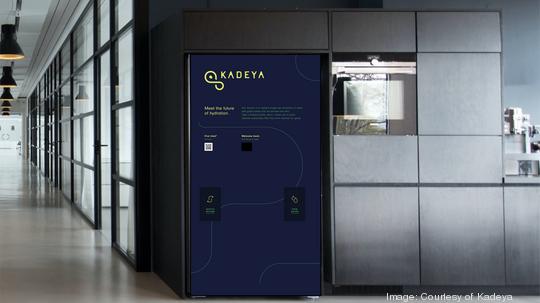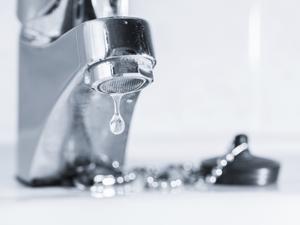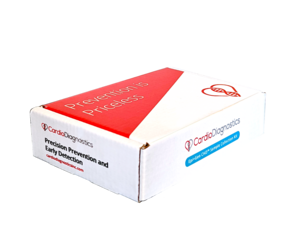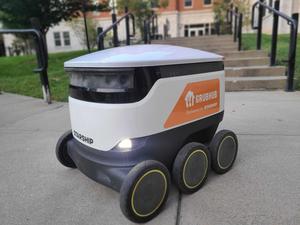
Kadeya wants to eliminate the need for disposable, single-use plastic water bottles using a closed loop beverage vending system.
Founder and CEO Manuela Zoninsein sees Kadeya's business model as being similar to Divvy, Chicago's bike-share system, but with a network of bottling stations and reusable, digitally identifiable bottles. Every station in the network washes, sanitizes, inspects and refills the bottle for the next use.
"It really is just like Divvy bikes, but instead of building a network of bikes that move around, we're building a network of bottles that move around," Zoninsein told Chicago Inno. "With the data that we're capturing, we're able to understand the throughput and utilization of the entire system."
The autonomous, self-serving beverage station manufacturer recently received pre-seed funding from Evergreen Climate Innovations, which manages the Illinois Clean Energy Innovation Fund. Funded by the U.S. Department of Energy State Energy Program, the Illinois Clean Energy Innovation fund is overseen by the Illinois Environmental Protection Agency’s Office of Energy.
Kadeya will use the funding to make several soon-to-be announced strategic hires and invest in research and development to support the use of stainless-steel bottles in its station network.
“We are essentially combining a bottling plant with a dishwasher with a soda fountain in a 7.5-square-foot box,” Zoninsein said.
Users simply scan a personalized code to receive a sanitized and freshly filled bottle of filtered still or sparkling water that they then return so the station can conduct a four-step sanitizing process before the bottles are refilled.
Zoninsein plans to first start with industrial workplaces like construction sites, manufacturing plants and refineries — where workers typically use a work ID — before expanding. She aims to deploy 10 units next year and is currently taking pre-sale orders.
"The following year, we’re aiming to have about 400 units in the field and then we’ll go up to about 1,600 units and expanding upward," she added.
While fundraising has proven to be much more of a challenge for Chicago startups in 2022 than it was in 2021, Zoninsein continues to get a lot of inbound interest from investors.
"This is a time where people are investing in sustainability, supply chain innovations and data, and we all three of those squarely," she said.
Kadeya was named to the Techstars Farm to Fork food tech accelerator Class of 2022, joining a total of 12 startups focused on solving global problems of the food system.
The company’s hardware and research and development team is based in the West Loop.






